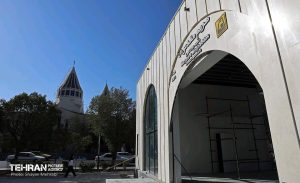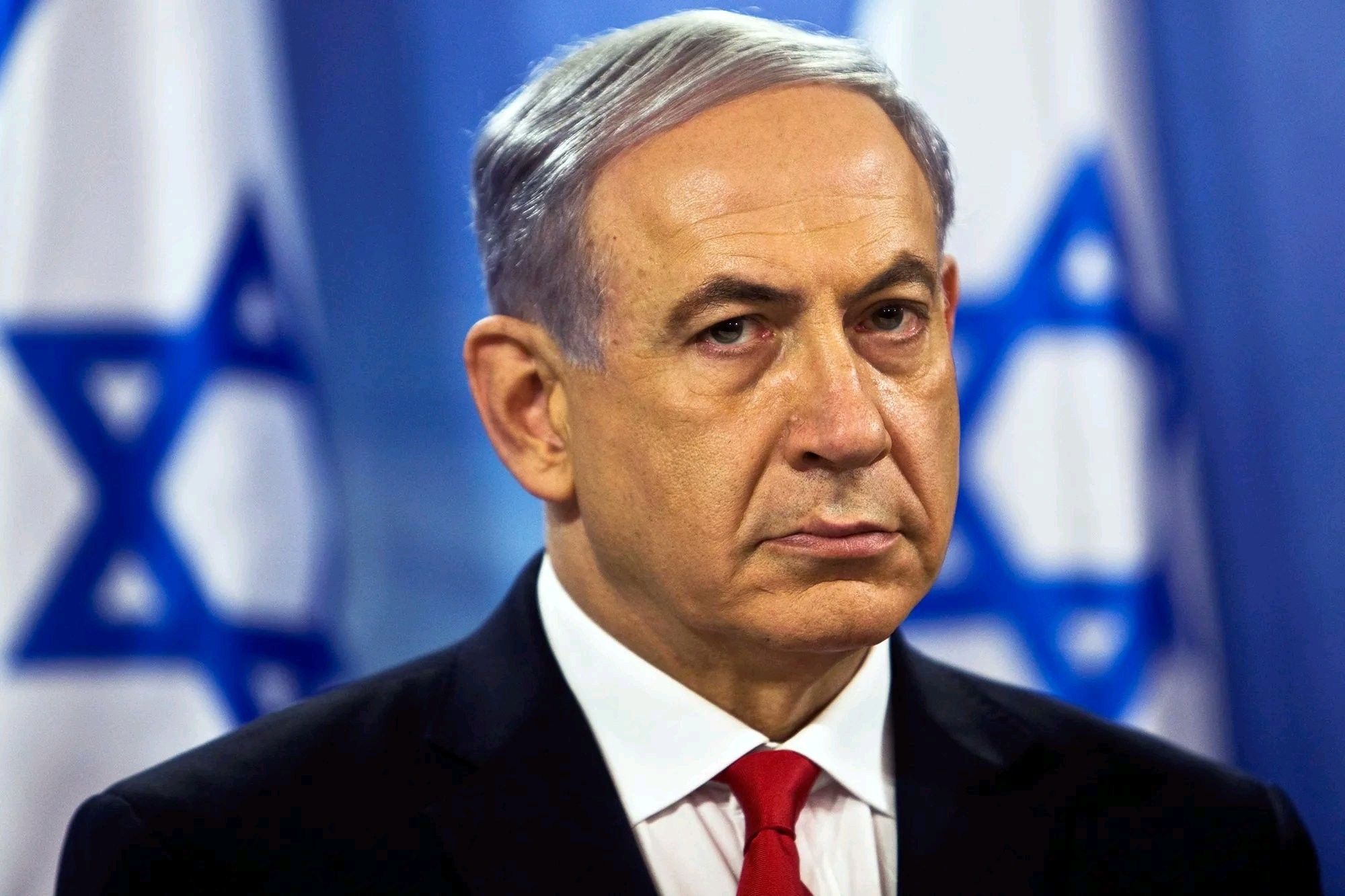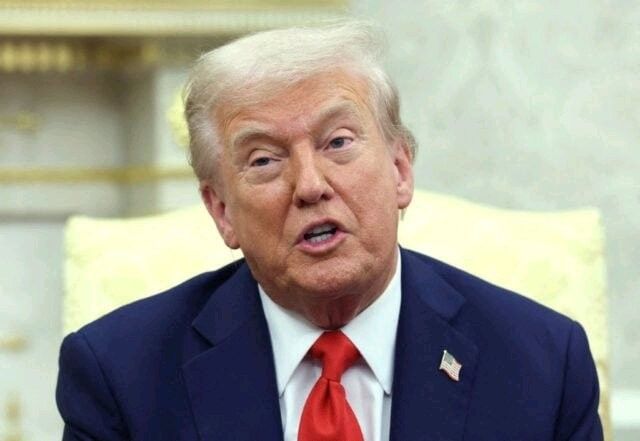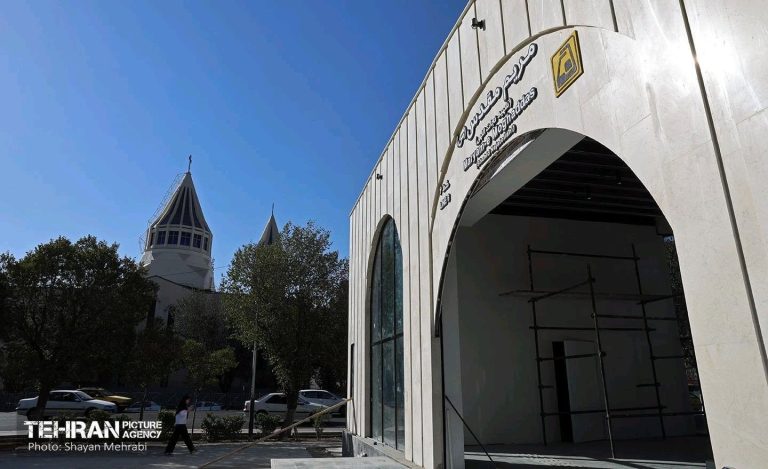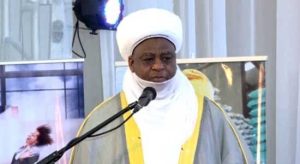Jordan Condemns Israeli Minister’s Al-Aqsa Visit, Rejects Israeli Sovereignty in Jerusalem.
Jordan has issued a forceful diplomatic condemnation following a visit by far-right Israeli National Security Minister Itamar Ben-Gvir to the Al-Aqsa Mosque compound in Jerusalem, an action Amman describes as a “flagrant violation” of international norms.
The incident, which occurred on Tuesday, marks the second time in a week that Minister Ben-Gvir has entered the sensitive holy site, a move confirmed by Jerusalem’s Islamic Endowments Directorate. His visit was conducted under heavy guard from Israeli police.
In an official statement, Jordan’s Foreign Ministry did not mince words, denouncing the incursion and similar actions by Israeli settlers. The ministry labeled them a severe breach of the “existing legal and historical status” governing the Al-Aqsa Mosque, known to Jews as the Temple Mount.
READ: With Gaza Deal in Balance, Trump Prepares for Weekend Trip to Middle East

The core of Jordan’s position was made unequivocally clear. The ministry explicitly stated that “Israel has no sovereignty over the occupied city of Jerusalem and its Islamic and Christian holy sites.”
Elaborating on this stance, Fuad al-Majali, the official spokesman for Jordan’s Foreign Ministry, called on Israel, whom he referred to as “the occupying power,” to immediately cease these activities. He characterized the visits as “provocative measures” that form part of the Israeli government’s ongoing “racist policy.” This policy, al-Majali argued, is aimed at perpetuating a “dangerous escalation” and enforcing “unilateral, illegitimate, and illegal measures” not only in Jerusalem but throughout the occupied West Bank.
READ: Moscow Issues Retaliation Warning Over Possible US Tomahawk Missile Transfer to Ukraine
The strong rebuke from Amman is rooted in a long-standing and officially recognized role. Jordan holds the custodianship over the Muslim and Christian holy sites in Jerusalem, a responsibility that places the kingdom at the forefront of efforts to protect the religious rights of these communities and maintain the delicate peace surrounding these sacred spaces.
Ben-Gvir’s repeated visits have effectively poured fuel on one of the most volatile flashpoints in the Israeli-Palestinian conflict. The status of Jerusalem’s holy sites remains a deeply sensitive issue, with any perceived change in the long-standing status quo capable of triggering widespread unrest.
READ: Provocative Journalism or Public Service? Segun Showunmi to Arise TV’s Rufai
These latest developments underscore the fragile and charged atmosphere that continues to surround the ancient city, highlighting how a single political act can threaten to unravel years of precarious diplomatic equilibrium. The international community is now watching closely to see if the tensions will subside or escalate further.
